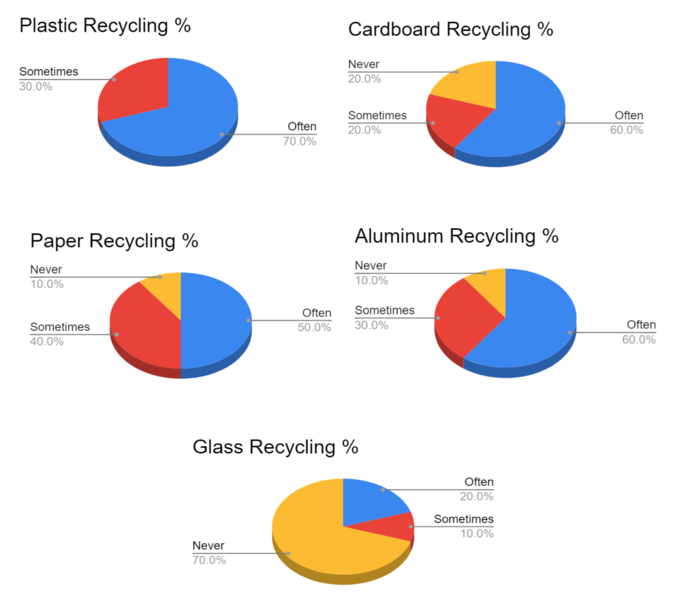A version of this story by high school student Owen is published in Public Lab's Community Science Forum, Issue 18. Read more from this issue here.
My class was introduced to Public Lab back in late March. At first, I didn't think much of it, and I thought it would be just an easy A and a different change of flow from what we had been doing in class up until that point. Turns out, I am learning a lot about my city and about how us humans affect the environment. Our project consists of individual, group, and class assignments.
Our first task was an individual research assignment to find a topic that we could research that is local to New Orleans. I found an article about industrial pollution in a nearby parish, and I thought it was pretty interesting as I read through it. It explained how industrial pollution caused health issues and also environmental issues. The only problem with my topic was it was a little too far away and we needed something we could do at school and at home. Somebody found an article on "Gaps in Recycling" and most of the class voted for that issue when it was time to vote.
Our first assignment surrounding Gaps in Recycling was to create our issue brief template. This consisted of us naming our issue, summarizing it, and explaining the issues and obstacles around it. This made us do more research on the issue and at first it was slow. After about 15 minutes, everyone started to bounce ideas off each other and by the end of the 50-minute class period, we had our issue brief done.
Our next assignment was to find how other organizations in the world dealt with the same issue as us and how we could learn from what they did and maybe use their methods towards our data collection. I found a local company called Glass Half Full, located in the Greater New Orleans area. Local people give the company their leftover glass and they make many things, including sand for sandbags to protect the local area from flooding. I didn't really learn a method to use towards our data collecting but it made me think of something else. What if we count how many people in our area are recycling due to who has recycling bins?
Next, we had a class discussion on what everyone took out of the past assignment and how we will collect our data and we came up with two ways to collect data. One, to sort and count what we recycle at home and, two, interview people who recycle and find out what category of recyclables they recycle. I did data collecting and spent a lot of time finding the gaps in recycling in my homes. At my mom's house, I found we recycle a lot more plastics than my dad does. I found 20 plastics containers and bottles, 10 aluminum cans and containers, and five cardboard boxes. At my dad's, I found 13 plastic bottles, no aluminum products, and eight cardboard boxes. In both homes, glass recycling is not offered by the city, so you have to go out of your way to local businesses that use glass people don't need. Next, I interviewed 10 of my close friends to find out how they recycle and what categories they recycle the most. These are the results:

With this information, I can come to the conclusion that plastic is the most recycled product and glass is the least recycled product. Because glass is the least recycled product, that is our gap in recycling in our city. To fill this gap, our city can start to provide curbside recycling for glass, along with the start-up of businesses and organizations that center around glass recycling. This project taught me a lot about my community, and it opened me up to what's actually happening to my city. Even if our city started curbside recycling for glass and even with the start-up of these businesses, it's going to be up to the people in the community to go out of their way to do what is needed to recycle their glass and also to recycle in general. The people who care should be the same people speaking up for what they believe in, and should be inspiring and motivating their neighbors to do the same.
0 Comments
Login to comment.